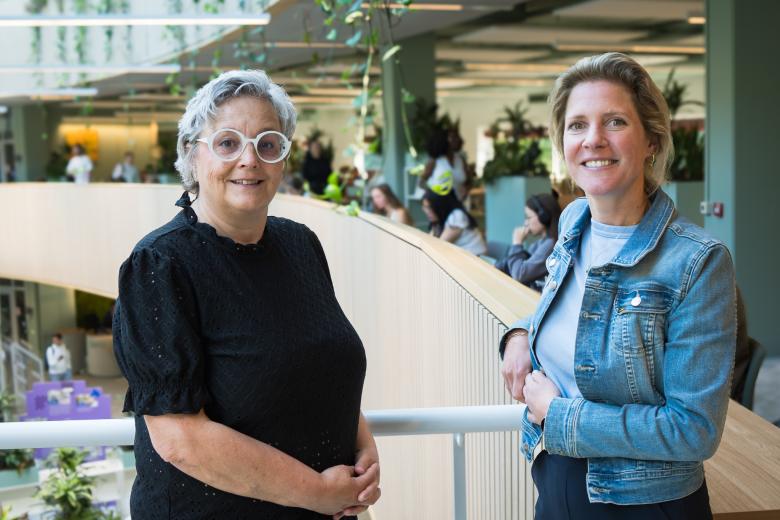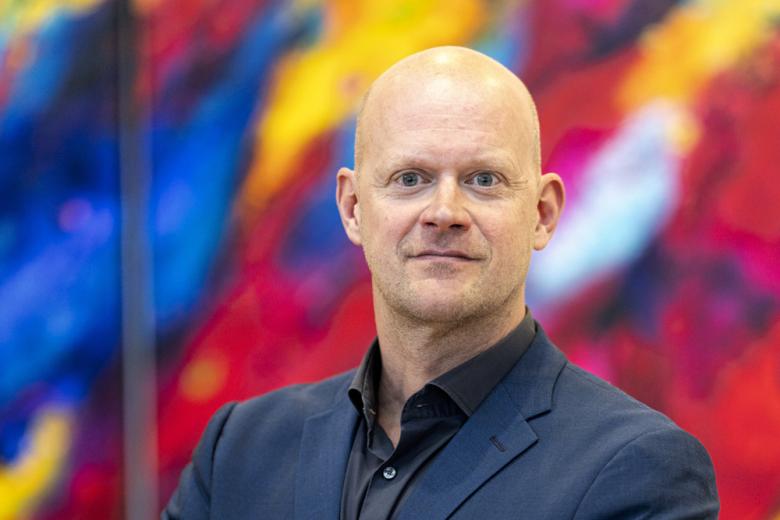Developing a measurement scale that captures the full dimensions of health
Integrative health approaches, such as Positive Health, are increasingly appreciated. This citizen centered perspective is characterized by the assumption that health is a multidimensional concept and not merely reflected by the presence or absence of a disease. However, in order to evaluate current interventions and programs using an integrative health approach, a widely supported, valid, reliable and responsive measurement is needed. Despite various attempts to measure constructs related to Positive Health, no valid measurement scale exist that capture the full dimensions of health that can be used across different patient groups and domains (eg. policy, social and healthcare domain).
Recently, ZonMw awarded a grant worth 742.000 euros to Marieke Spreeuwenberg (Creating Value-Based Healthcare) and her team to develop a measurement scale for integrative health approaches.
The aim of this project is to develop an integrative measurement scale by using a systematic, scientific and participatory approach to establish indicators for measuring health, together with stakeholders in the policy, care and welfare domain as well as representatives of high risk groups. In the end the project aims to deliver an instrument to measure the full dimensions of health of people in vulnerable situations (high-risk groups and those with low socio-economic status (SES)), which can be used at the level of the individual, organization and/or network. The measuring instrument will be tested in experimental settings to study if the effects of health care interventions or policies with regard to the broad concept of health can be measured objectively and - consequently- if the instrument can be used in practice.
For long-term knowledge dissemination and to create long-term support for the measurement instrument, a learning network will be set up by means of reflexive monitoring in action, in which continuous learning will be established in a learning network consisting of the researchers, administrators, policy makers and professionals who work with integrative health approaches, including members of the Positive Health consortium and the Gezond Meten consortium.
The project will be carried out in close collaboration with the Leiden University Medical Center and the Institute for Positive Health.
Also read
-
Study Smart gets Dutch Education Premium
Maastricht University's (UM) interfaculty educational innovation project Study Smart is one of the three winners of the Dutch Education Premium 2025. This was announced on Tuesday during the Comenius festival in The Hague.

-
Randwyck Library and the river of knowledge
Monique Notermans and Meike Kerkhofs-Welkenhuizen witnessed the vision behind a modern library come to life.

-
Is the risk of cancer the same for everyone?
Valery Lemmens (GROW) conducts research on cancer, prevention, and how society is designed for making unhealthy choices.
